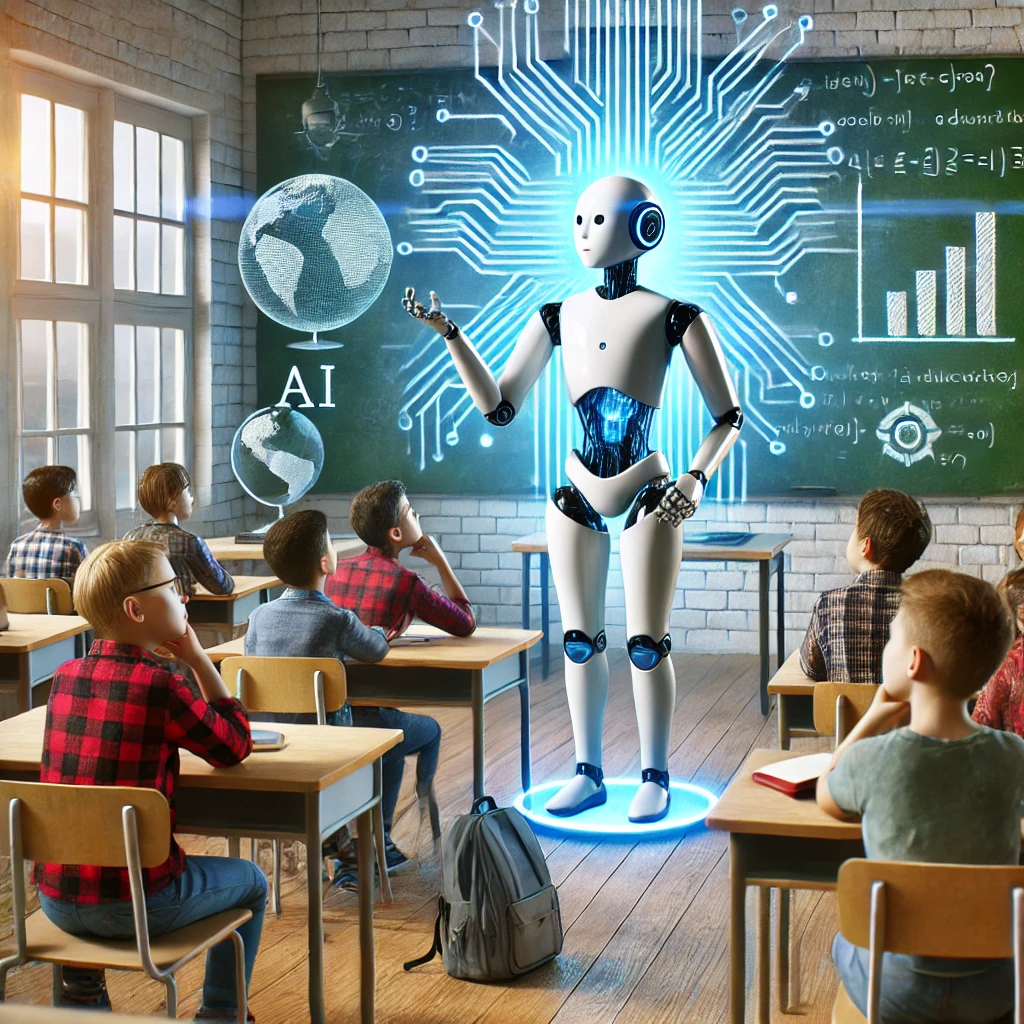
Introduction:
Have you ever sat back and wondered if the subjects we learned in school are still relevant today? Now imagine the next generation, still stuck in the same cycle—memorizing facts, acing exams, and moving on, while the world outside is shifting at breakneck speed. Artificial Intelligence (AI) isn’t just knocking on our doors; it’s barging in, and yet our education system seems oblivious. If we keep moving down this outdated path, are we preparing our kids for a world that’s rapidly evolving, or are we setting them up to lose in a competition they didn’t even know they were part of?
The Orthodox Classroom vs. The AI Revolution:
Let’s face it—our classrooms are relics of the past. The same rigid subjects, the same rote-learning methods, and the same narrow focus on grades. Meanwhile, AI systems are becoming more capable, more efficient, and, frankly, smarter at doing many of the tasks we’ve been trained for. If our education system doesn’t evolve, how long before the young generation realizes they’ve been taught to compete in a race where the finish line has already moved?
The Illusion of Job Security:
Some might argue that AI won’t replace all human jobs. That’s true. But here’s the uncomfortable reality—while AI might not take every job, it will reshape the job market in ways we’re clearly not ready for. The demand for human resources will shrink. The roles left behind will require skills that most of our current curricula don’t even touch: critical thinking, creativity, adaptability, and tech fluency. And yet, we’re still cramming kids’ heads with formulas they can Google in seconds.
Why Are We Still Teaching Like It’s 1950?
The world has leaped forward with technology, yet we’re still using teaching methods from decades ago. Why aren’t we introducing AI literacy into classrooms? Why aren’t we training students to work with AI rather than fearing it? Instead, we’re sending them into a future armed with outdated tools, expecting them to thrive in an AI-driven economy. It’s like sending someone into a modern battlefield with a sword and shield.
What Needs to Change?
This isn’t about scrapping everything we know but evolving what we teach and how we teach it. We need to shift from rote learning to skill-building—problem-solving, digital literacy, creative thinking, and emotional intelligence. These are the areas where humans can still outshine machines. But if we don’t adapt, even those edges will dull over time. If we don’t challenge the status quo, the next generation will wake up in a world where they’re not just competing with each other—but with machines that don’t sleep, don’t get tired, and don’t forget.
Conclusion:
AI isn’t the enemy—complacency is. If we keep pretending the old ways will serve us in a new world, we’ll find ourselves left behind, wondering where it all went wrong. The question isn’t whether AI will change the job market; it’s whether we’ll be smart enough to change with it.
Let that sink in.
